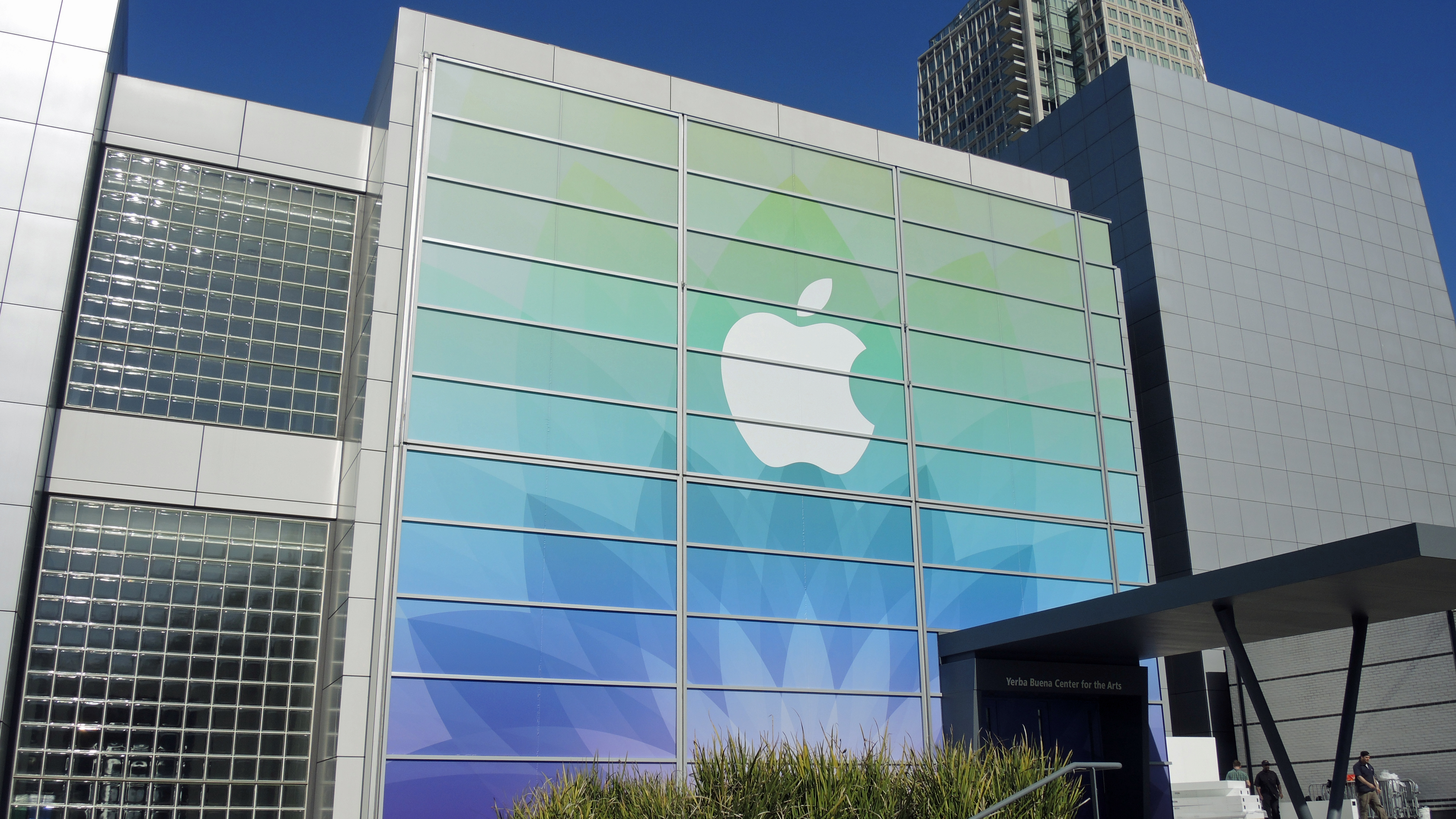Apple vs the FBI: here's what happened in Congress today
FBI makes missteps, Apple gets grilled

Apple and the FBI testified before the US House of Representatives Judiciary Committee today in a hearing that lasted for over five hours.
The hearing was titled: The Encryption Tightrope: Balancing Americans' Security and Privacy, and served to let the committee members grill the parties with questions on encryption, specifically the San Bernardino iPhone unlocking case that has the agency and Apple heading to court later this month.
A replay of the proceedings is happening now:
FBI Director James Comey was up first, and while he handled himself congenially before the committee, he made a number of comments that will almost certainly find themselves in Apple's quiver (and earned him derision across the internet).
First, Comey said that the decision in the San Bernardino case could influence other decisions down the line, though he reiterated the government's argument that the FBI's request is about one specific case. He later said, however, that "of course" the FBI would leverage the precedent set by the San Bernardino outcome in other cases.
He also admitted "there was a mistake made" when the Apple ID password linked to the iPhone 5C used by terrorist Syed Farook was changed, which was done at the FBI's request. Up until this point, the FBI has not characterized the change, which prevented the phone from making an auto-back up to iCloud, as an error. Comey was quick to add though that a backup would not have turned up all the information the FBI is seeking from the iPhone.
There were more head-scratching moments from Comey.
Sign up for breaking news, reviews, opinion, top tech deals, and more.
Comey said he hadn't reviewed the ruling issued for a case yesterday in which the government lost in its effort to force Apple to unlock an iPhone under the All Writs Act, the same law the FBI is using against Apple in the San Bernardino case. Again, internet reaction.
He also repeated the assertion that Apple's refusal to help the FBI is a business-model problem rather than the result of any technical inability to do so. In his testimony, Apple General Counsel Bruce Sewell said, "it makes my blood boil" when he hears that claim.
"To say that it's a marketing ploy or about PR, diminishes what should really be a serious conversation," he said.
Apple's turn
Sewell was joined by Susan Landau, a professor at Worcester Polytechnic Institute, and Cyrus Vance, district attorney for New York County who has said there are iPhones tied to crimes in his jurisdiction that law enforcement can't unlock, in a second panel.
Sewell went to many of Apple's earlier arguments that the San Bernardino case isn't about one iPhone, and if Apple were forced to build the software to unlock the phone it would set a precedent and put millions of users at risk.
"We do not believe this is a one-phone issue, that it would be contained to one phone," he said.
Vance took issue with Sewell's and Apple's use of the word "millions," asking for more specific figures.
Sewell was chided by a committee member for calling for legislative action on the matter of encryption and what companies should be required to do when it comes to requests from law enforcement, but not recommending any specific solutions. When asked if Apple will submit legislation for Congress to consider, Sewell said Apple might after there is debate on the matter.
Landau suggested the FBI focus on developing its own technology solutions and focus on recruitment to hire talent that would help it unlock iPhones, rather than trying to force Apple to create a encryption-cracking software.
Sewell also addressed whether other countries have asked for access into an Apple product in the way the FBI has.
"To date we have not had demands like that from any other country," he said. "If we are ordered to do this, it will be a hot minute before we get those requests from other places."

Michelle was previously a news editor at TechRadar, leading consumer tech news and reviews. Michelle is now a Content Strategist at Facebook. A versatile, highly effective content writer and skilled editor with a keen eye for detail, Michelle is a collaborative problem solver and covered everything from smartwatches and microprocessors to VR and self-driving cars.